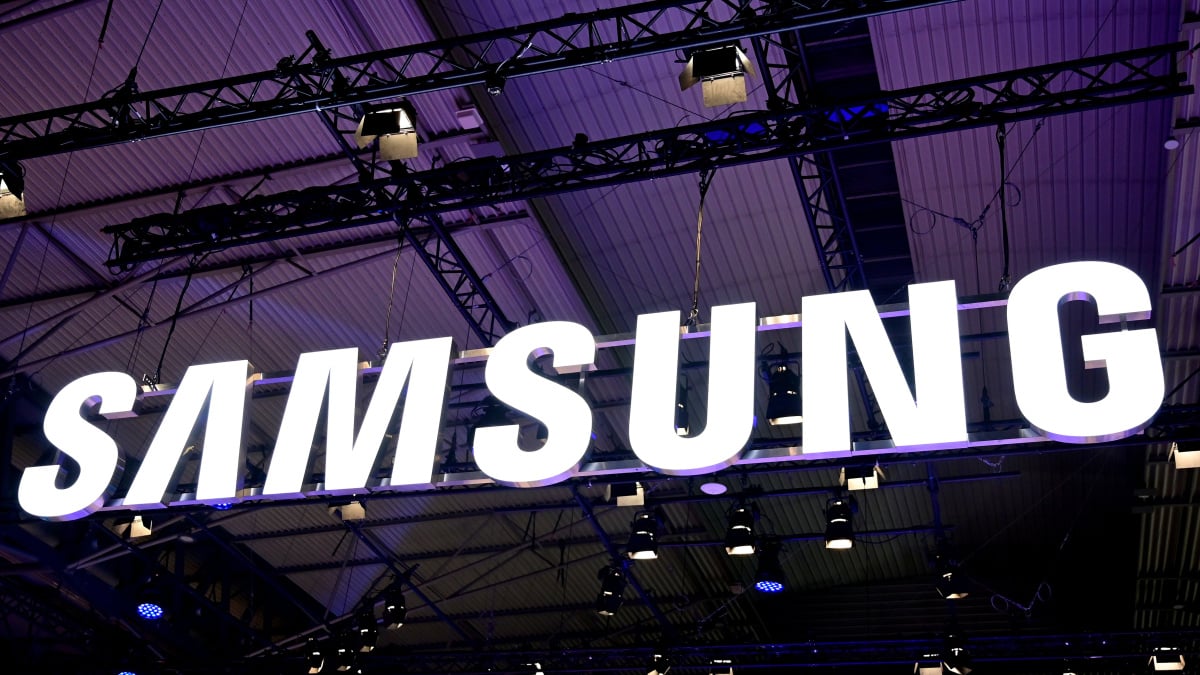Your next AR headset may include a brand-new microdisplay technology from Samsung.
According to a new report from South Korean business news outlet The Korea Economic Daily, Samsung’s semiconductor division is now accelerating work on its new microdisplay technology, LED on Silicon, or LEDoS.
LEDoS is described as a “miniature display platform built on micro-LEDs mounted on silicon wafers.” This next-generation display is being created with the intent that the technology will be used in augmented reality products (AR).
Samsung’s new microdisplay technology could heat up the competition in the AR space. However, in addition to Samsung’s own upcoming AR glasses, the company reportedly wants to supply its LEDoS technology to Apple and Meta for use in their AR glasses.
When will we see LEDoS AR glasses?
According to the report, Samsung is currently looking at commercial production of LEDoS by 2027. That’s also when Samsung’s Mobile eXperience (MX) division could debut the company’s second-generation AR glasses.
Mashable Light Speed
Smart glasses and AR headsets are the current big bet in the tech hardware space. Mashable noticed this trend earlier this year at CES 2025, as multiple AR startups showed off their latest augmented reality wares.
It’s not just up-and-comers either. Tech companies like Sony and XREAL are also taking advantage of the AR headset market with new products. And, of course, companies like Meta and Apple already have products in the space.
However, a few tech giants have been noticeably absent. That is, until earlier this year when Samsung briefly teased its rumored XR headset, “Project Moohan.” The headset is a joint venture between the South Korean electronics giant and Google.
Tech companies are betting big on AR despite early failures

Justin Sullivan/Getty Images
Credit: Google engineer Ian McKellar wears Google Glass during the Google I/O developers conference in 2013.
Speaking of Google, the search giant has also been rather quiet in this space. When it comes to wearables, Google is perhaps best known for its smart glasses failure, Google Glass, which set the entire industry back by years. (Are you old enough to remember the “Glasshole” backlash?) However, Google is expected to make announcements related to Project Astra, its visual AI tool meant for mobile devices and AR headsets, at the company’s upcoming Google I/O 2025 event.
With big augmented reality plans in the works from Samsung and Google, it seems like big tech will continue betting on AR headsets and smart glasses. Clearly, they’re hoping to succeed where even Apple failed.
